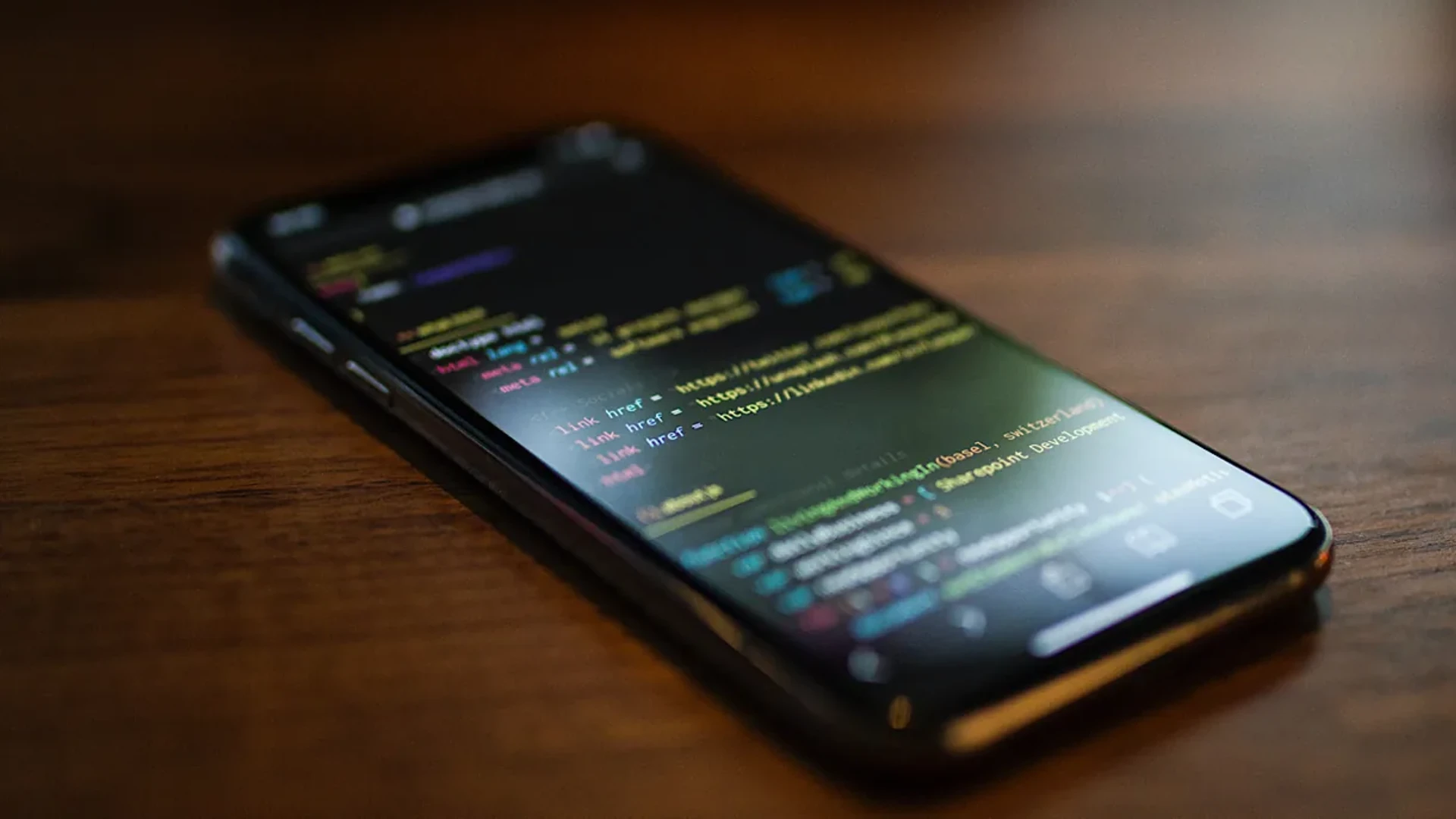Does your smartphone have a virus? How can you tell if it is infected? The method does not work because Android and iPhone do not contain viruses. Other types of malware can, however, infect phones, and it’s possible that phones can get infected with a virus. Hackers grew in number as the use of smartphones surpassed that of desktops as personal devices. As a result, mobile malware.
In contrast to classic viruses, Viruses on mobile devices target weak places in your operating system for data mining, financial gain, or network corruption. While some viruses just restrict your phone’s functionality, others are designed to steal and delete data or make unwanted purchases. Because malware can lay dormant while you use your phone normally, you may not notice an infection right away.
The following are some methods for safeguarding your phone:
- Clicking on strange pop-ups or hyperlinks in strange texts and emails, social media posts, or emails might lead to a trap.
- Always keep an eye on your phone for unusual activities and follow your instincts. If something appears to be too good to be true, it most likely is.
- Installing “cleaning” and “optimizing” programs like Speed Clean, Hyper Clean, and Rocket Cleaner is a bad idea.
- Install programs only from official app stores like Google Play or Apple’s App Store. Also, perform extensive research on apps before downloading them, as some of them may contain malware.
- If you don’t want to jailbreak or change your phone, don’t do it.
- Whenever you install an app, verify the permissions and see what the app might see (rather than trusting it blindly).
- Reconfigure your data promptly, and keep your mobile operating system up to date (including the latest security patches).
As consumers save more sensitive data on their mobile devices, the chance for the unscrupulous with only exes, or random strangers to exploit privacy flaws grows more appealing.
